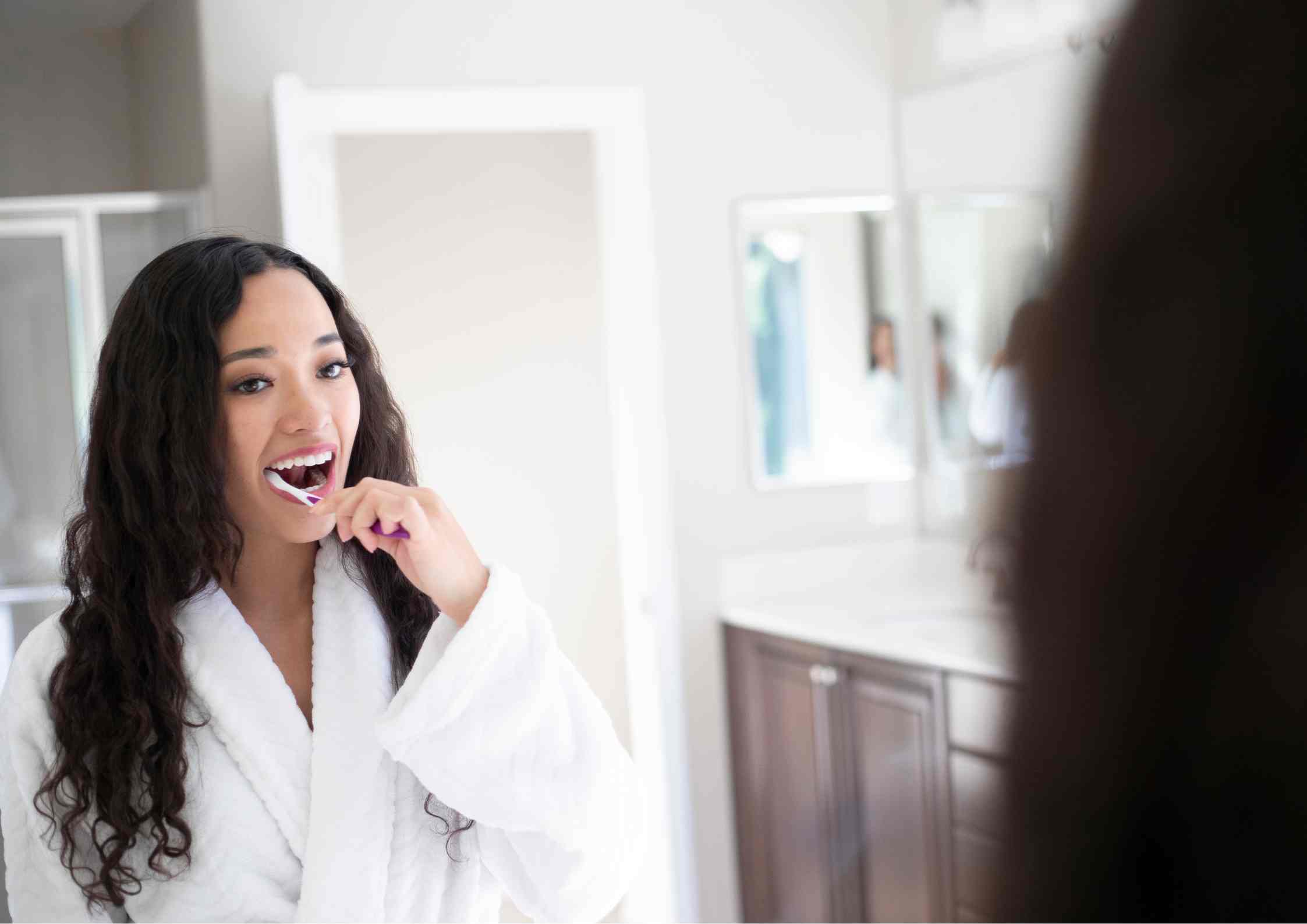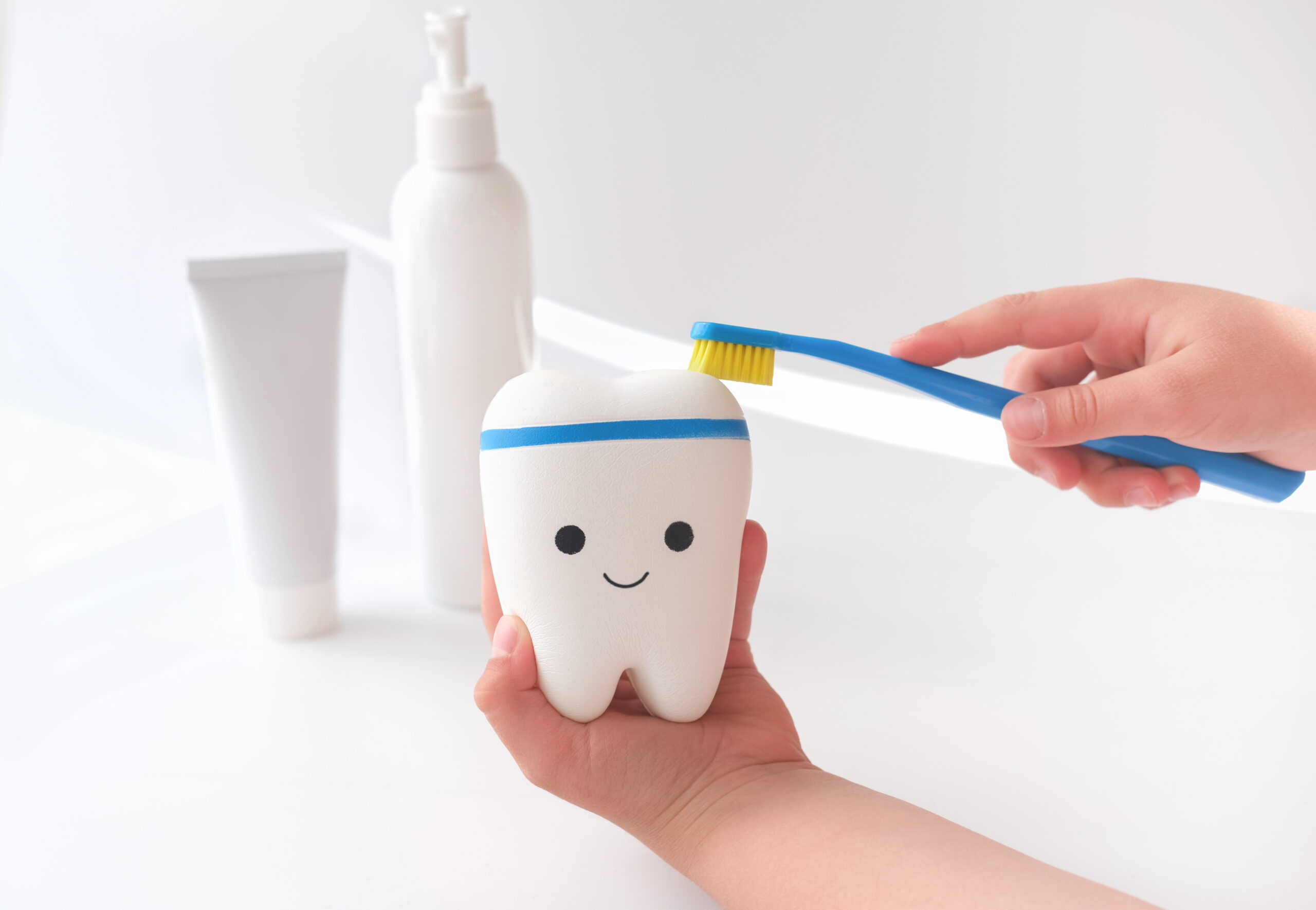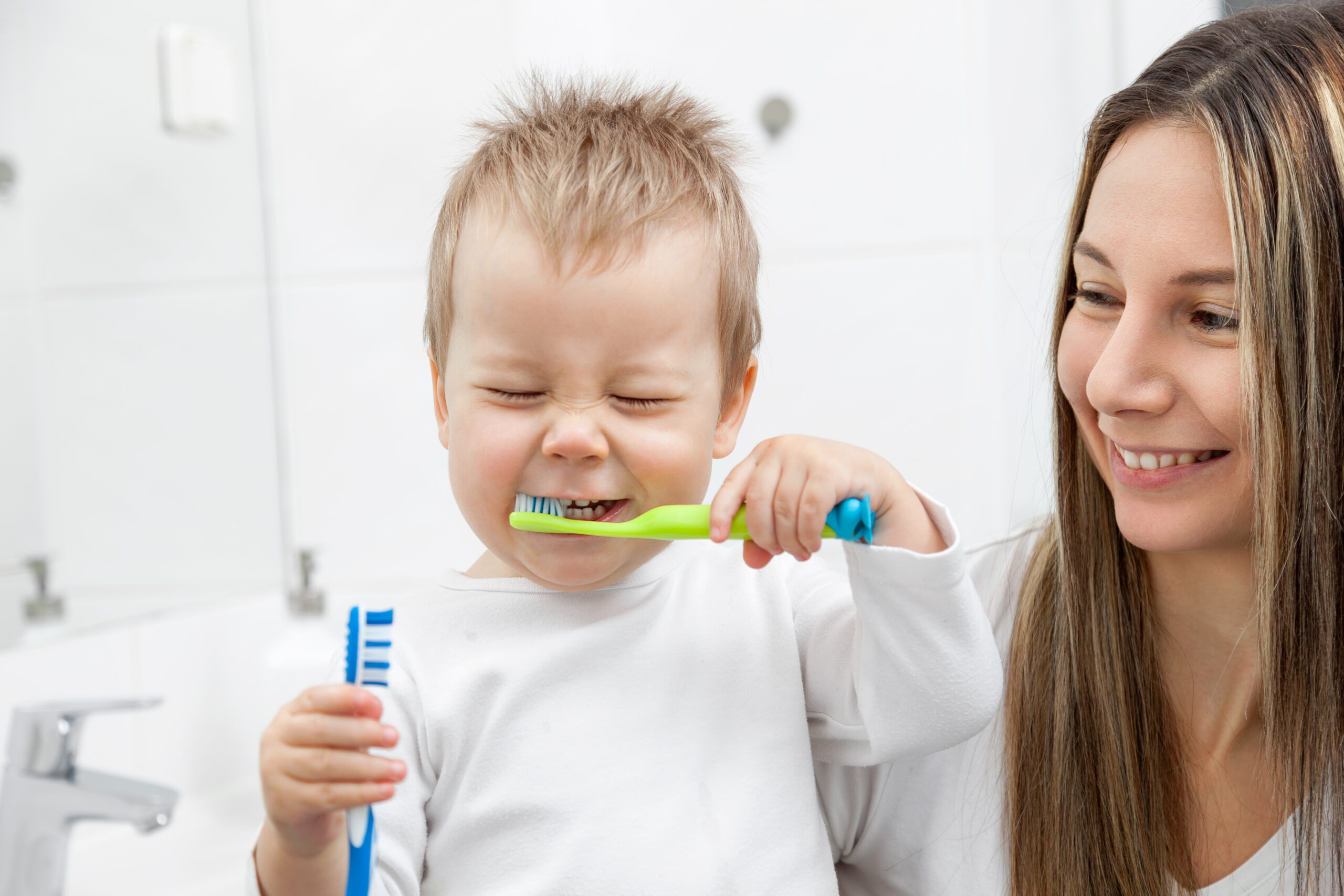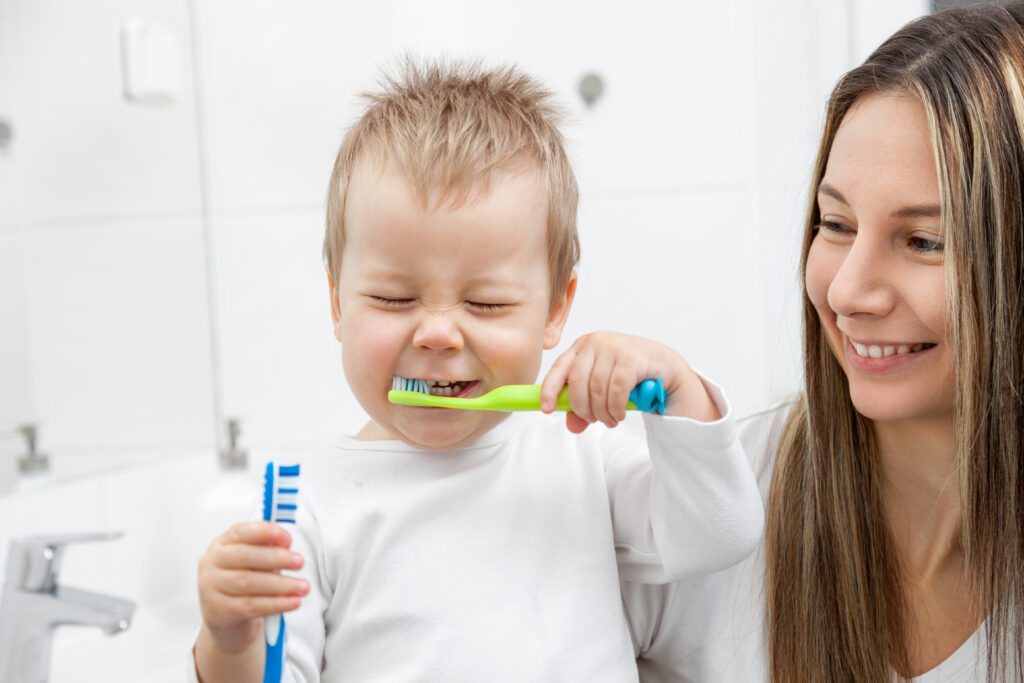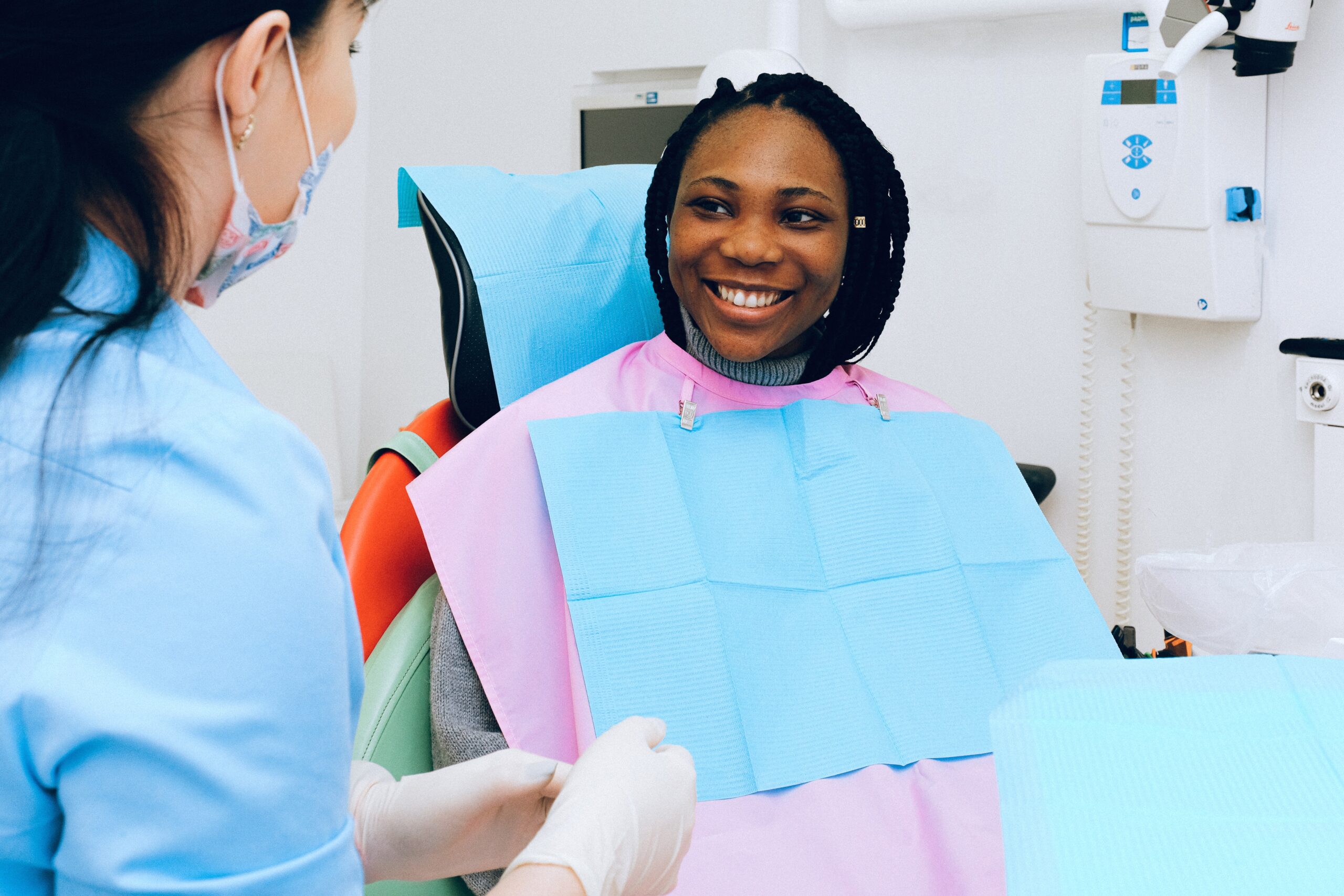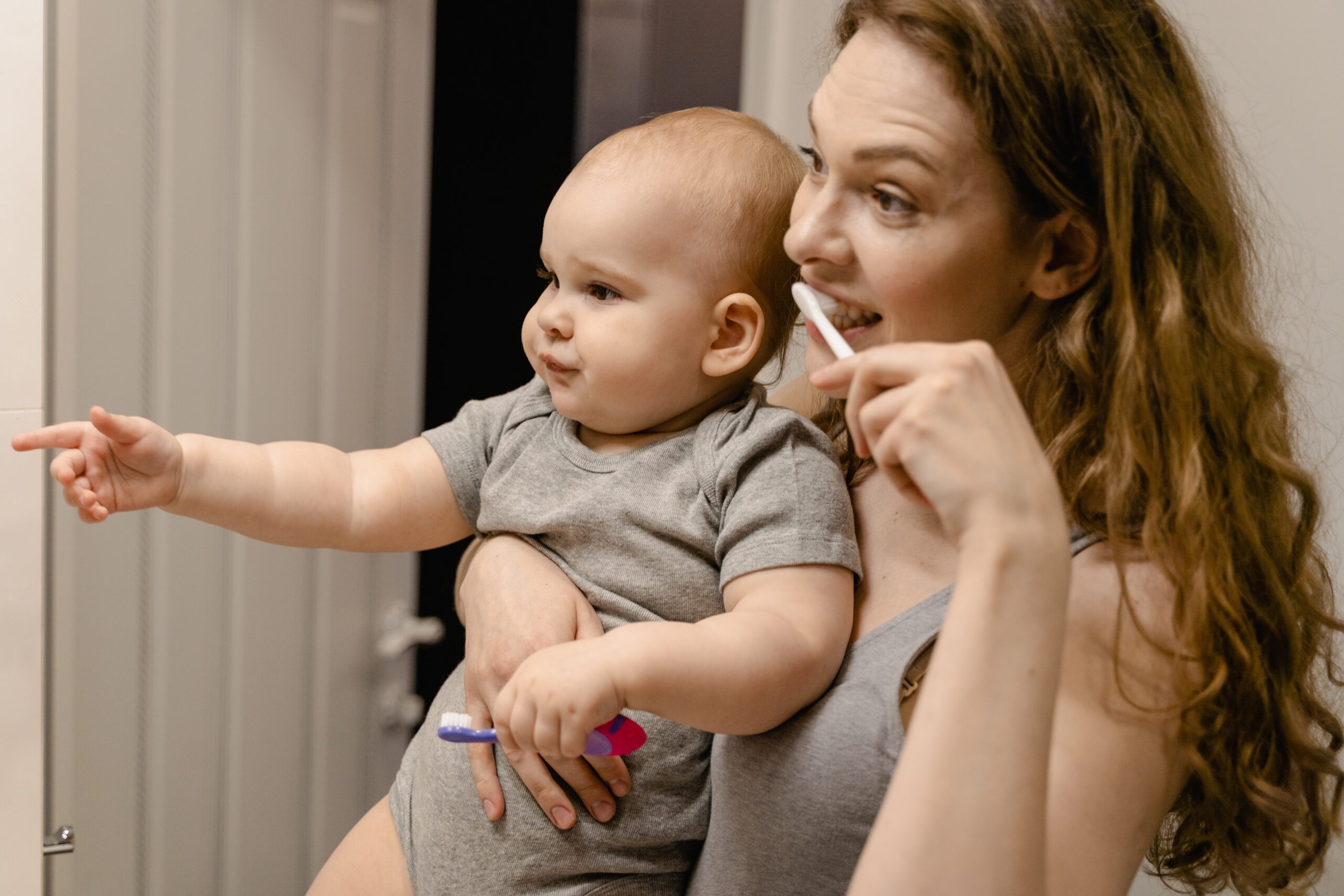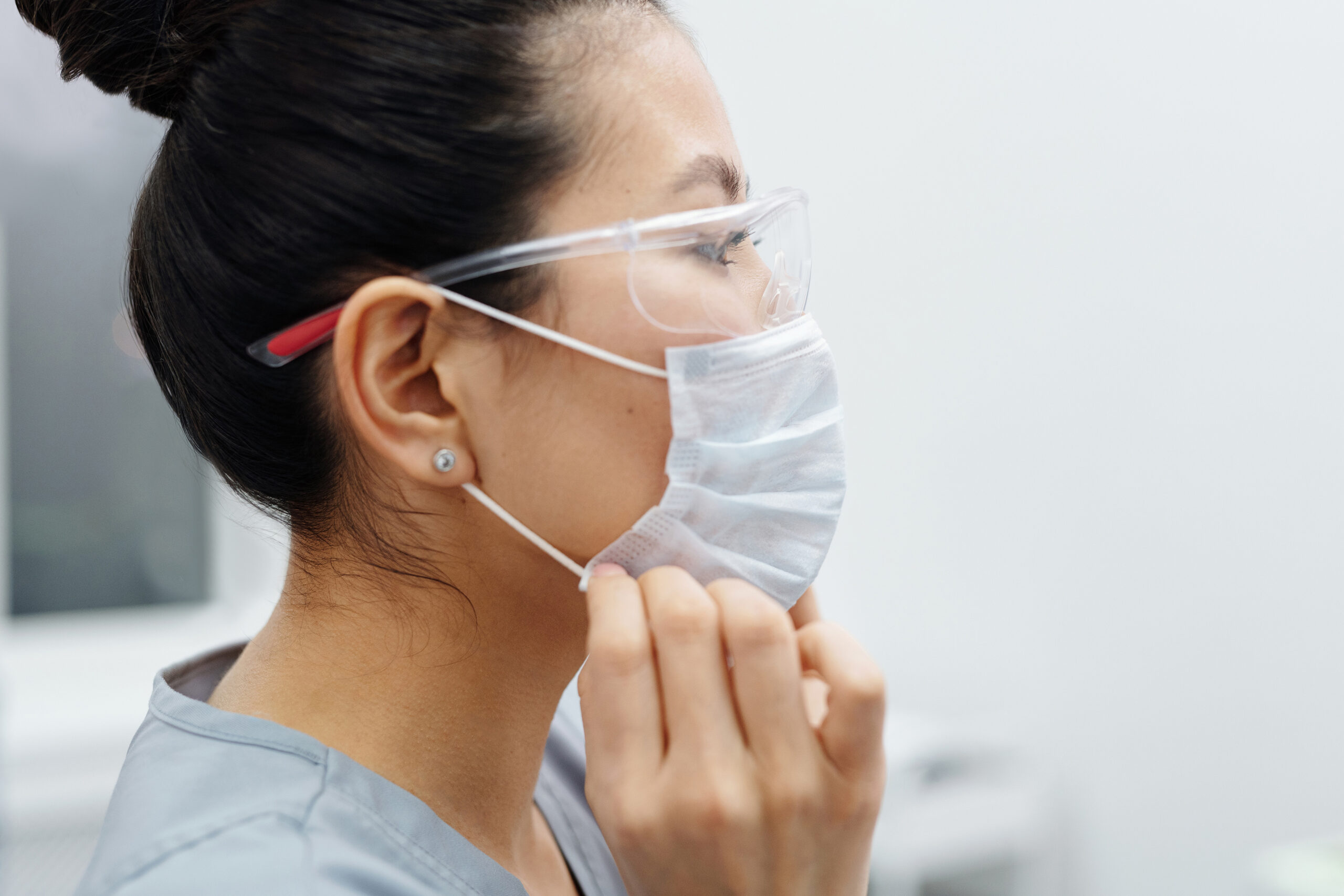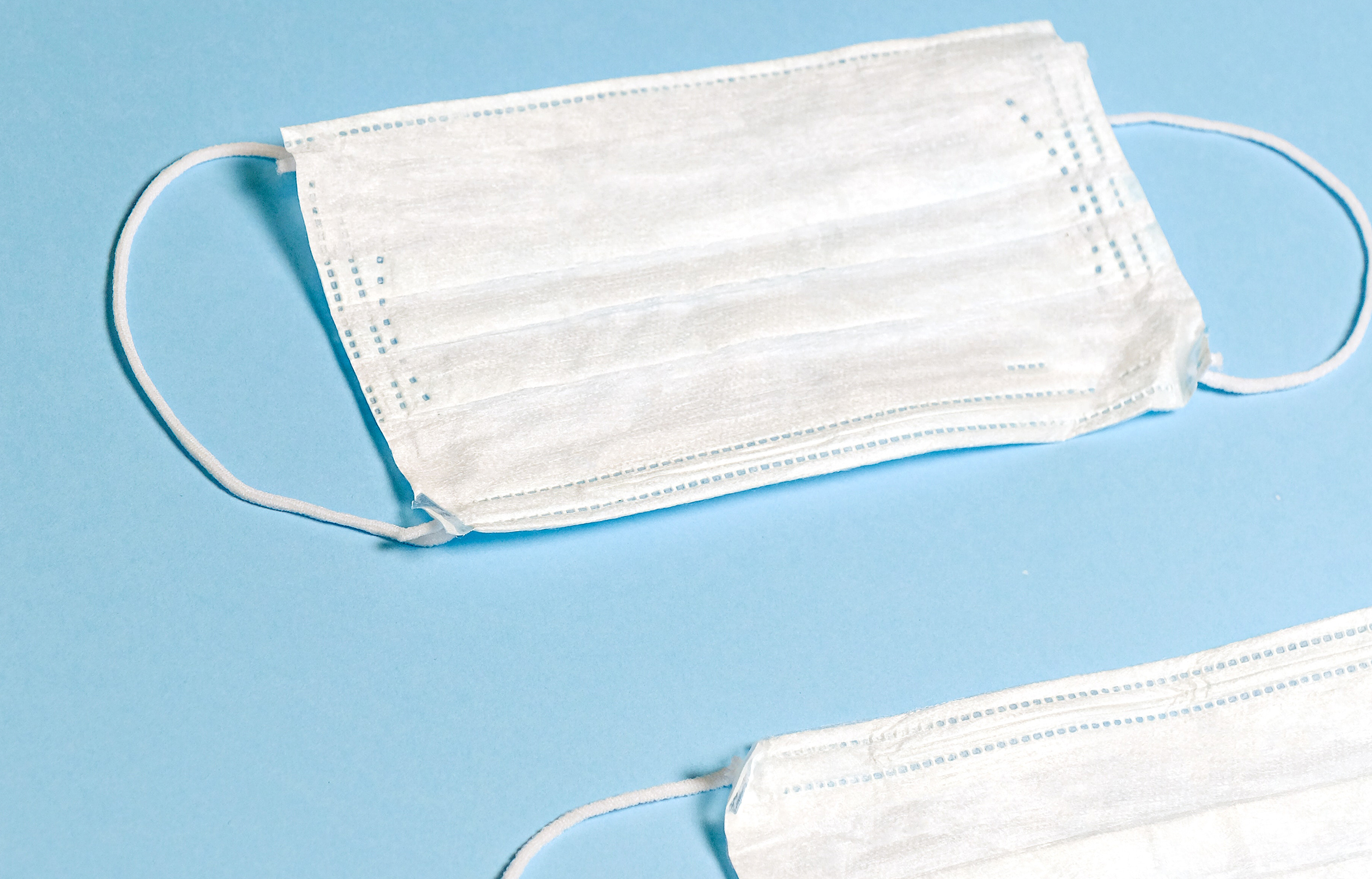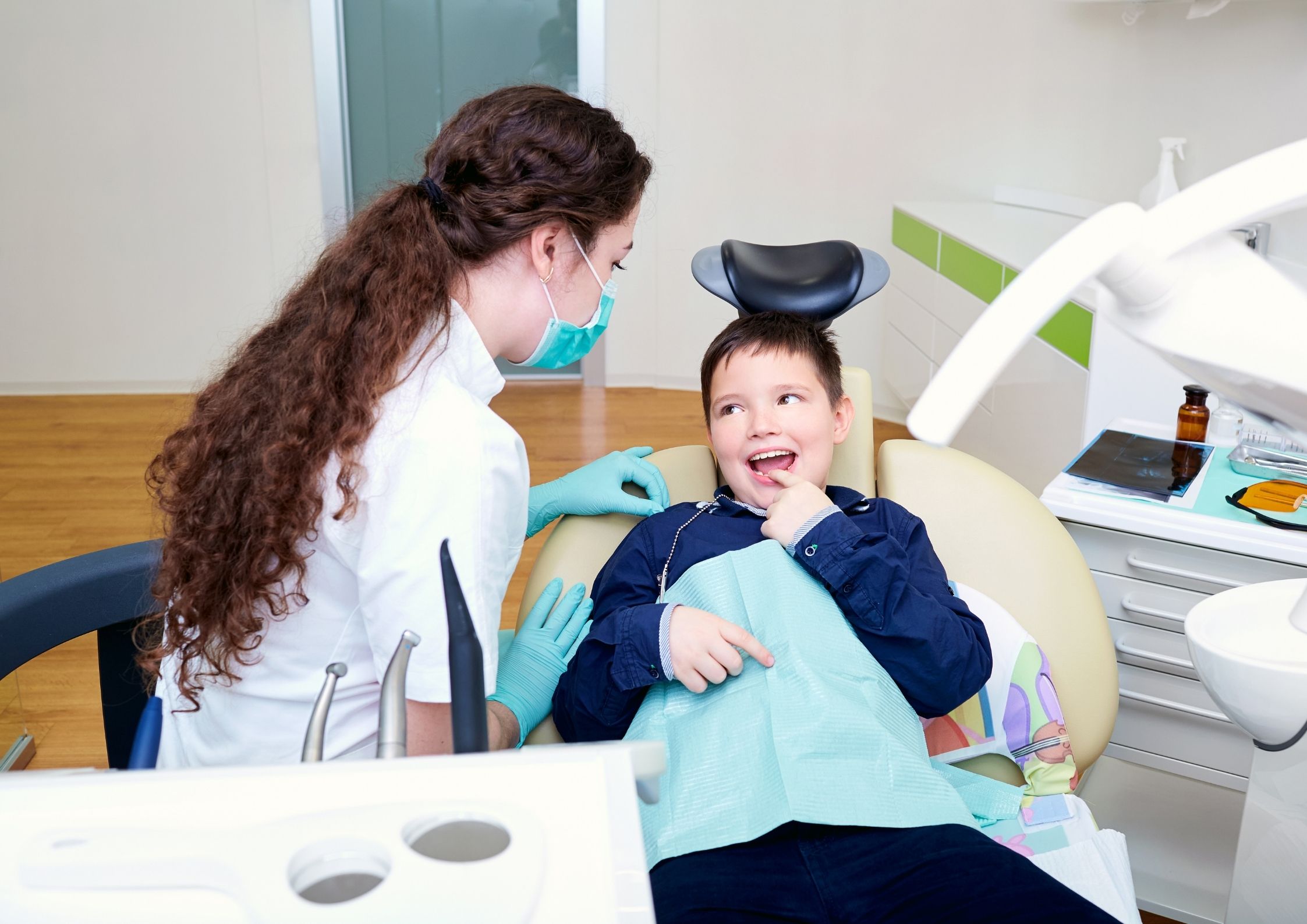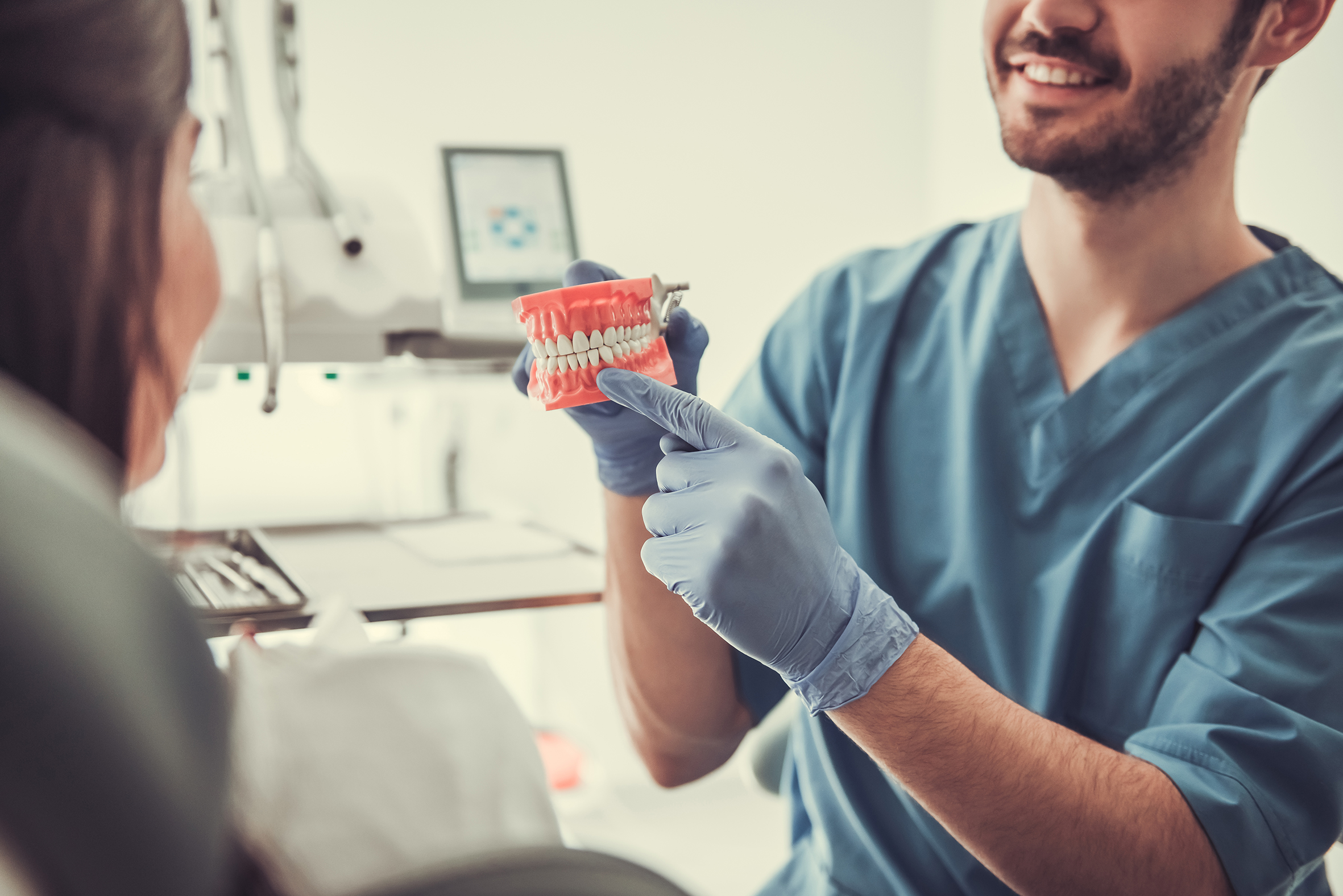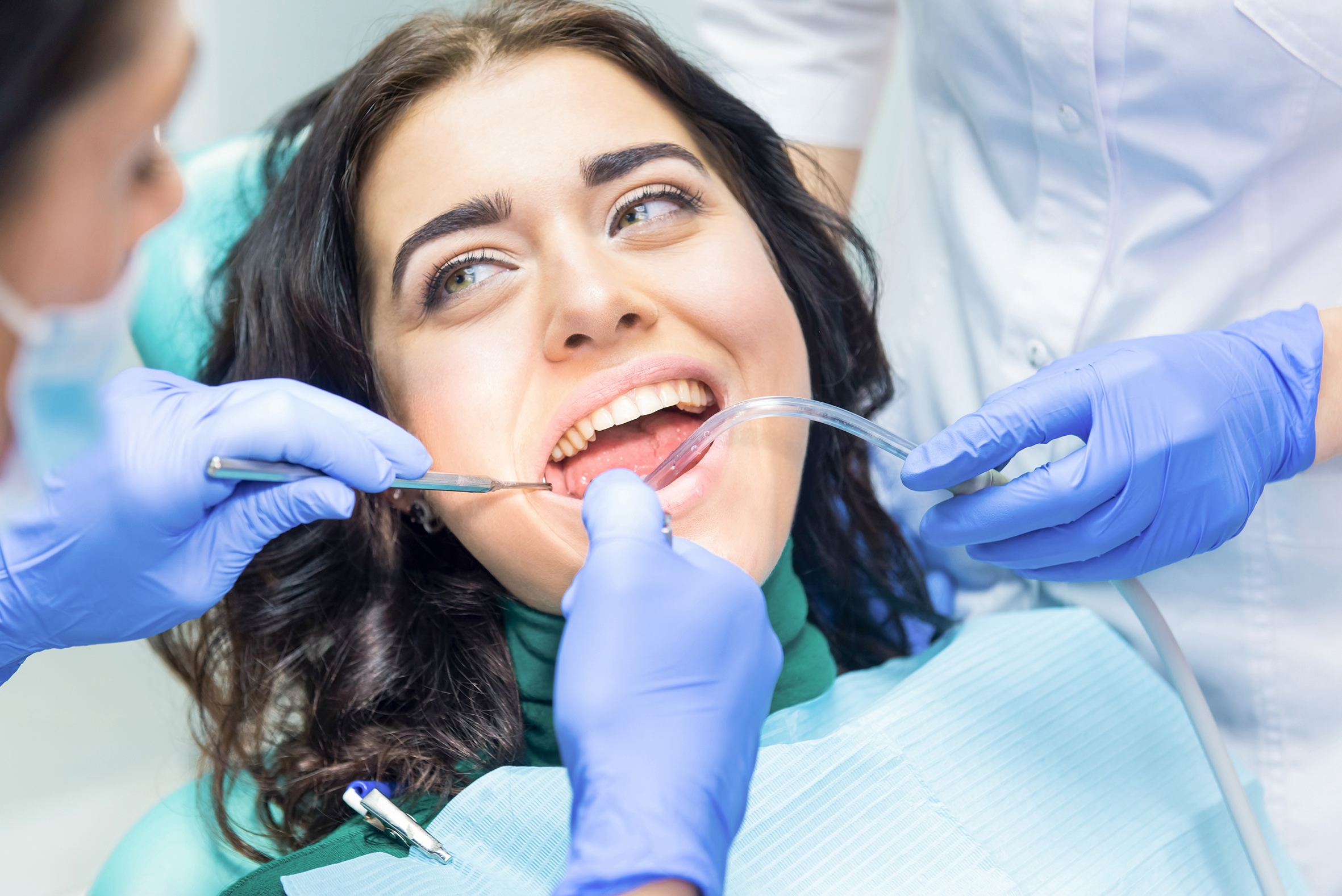As a dentist with almost three decades of experience at Kennett Road Dental Practice in Headington, Oxford, I’ve witnessed the crucial role regular dental hygiene appointments play in maintaining a healthy smile.
A common question patients ask after their visit is, “How long after seeing the hygienist can I eat?”
Let’s explore this topic in detail, ensuring you get the most from your hygiene appointment and maintain that fresh, clean feeling for as long as possible.
What Happens During a Dental Hygiene Appointment?
During your hygiene visit, your dental hygienist will thoroughly clean your teeth, removing plaque and tartar build-up that regular brushing and flossing might miss. This process typically involves ultrasonic scaling to remove hardened deposits and polishing to smooth the tooth surfaces.
For patients with more advanced gum issues, we might perform a more targeted procedure, also known as root surface debridement or deep cleaning. This comprehensive care sets the stage for optimal oral health but can temporarily affect when and what you should eat.
Can You Eat Immediately After Seeing the Hygienist?
The answer to this question depends on the type of treatment you’ve received. After a standard clean without additional treatments, you’re generally free to eat as soon as you feel comfortable.
However, if you’ve had a fluoride treatment, you’ll need to wait about 30 minutes to an hour. This waiting period allows the fluoride to fully absorb into your tooth enamel, maximising its protective benefits.
For those who’ve undergone a deep cleaning, you might need to be more cautious and wait longer, as your teeth and gums may be more sensitive and require additional healing time.
Factors Affecting Post-Hygiene Eating
After a thorough clean, your teeth and gums might feel sensitive. This sensitivity is normal and usually subsides within a few days.
If you’re experiencing discomfort, especially if local anaesthesia was used, wait until you have full feeling back in your mouth before eating. This precaution reduces the risk of accidentally biting your cheek or tongue.
If you experience severe pain or discomfort when eating after a cleaning, please contact us immediately, as this could indicate an underlying issue.
What to Eat After Your Hygiene Appointment
Recommended Foods
Once you’re ready to eat, start with softer, nutrient-rich foods that are gentle on your newly cleaned teeth.
Excellent choices include yoghurt, smoothies, mashed potatoes, scrambled eggs, soft fruits like bananas, and well-cooked vegetables.
A hearty soup can provide protein without stressing your teeth. These options are not only easy on your teeth but also packed with vitamins and minerals that support overall oral health.
Maintaining a nutrient-rich diet is crucial for your oral health in the long term, not just after a cleaning.
Foods to Avoid
In the hours following your hygiene appointment, steer clear of certain foods to protect your teeth and gums.
Avoid extremely hot or cold items, as your teeth may be more sensitive to temperature changes.
Hard, crunchy foods like nuts or crisps could potentially irritate your gums.
Acidic foods and drinks, such as citrus fruits or tomatoes, might cause discomfort and are best avoided for the first few hours.
For the first 6 hours after your cleaning, try to avoid highly pigmented foods and drinks such as coffee, red wine, berries and some curries with turmeric.
During this time, your teeth are more likely to absorb stains.
It’s also wise to skip sugary treats and fizzy drinks, as these can quickly undo the good work of your hygiene appointment by promoting plaque formation.
Drinking After Your Hygiene Visit
Staying hydrated is crucial for your oral health, so don’t shy away from drinking water after your appointment.
Water is the best choice following your hygiene visit, helping to rinse your mouth and keep you hydrated without risking any staining or sensitivity.
However, it’s best to avoid tea, coffee, and red wine for at least 6 hours, as these drinks can stain your newly polished teeth.
Tips for Maintaining Your Clean Teeth
Your hygiene appointment has given your teeth a fresh start, and you’ll want to maintain that clean feeling for as long as possible. Continue your regular oral care routine, using a soft-bristled electric toothbrush and fluoride toothpaste.
Aim to brush at least twice a day for two minutes each time, and don’t forget to floss or use interdental brushes daily. If your gums feel sensitive after your appointment, be gentle but thorough when brushing.
Consider using an alcohol-free mouthwash to help keep your mouth fresh without causing irritation.
The effects of a professional cleaning can last for several months, but to maintain optimal oral health, we recommend scheduling hygiene appointments every 3-6 months, depending on your individual needs.
Remember, good oral hygiene between appointments is just as important as your professional cleans.
FAQs About Eating After Dental Hygiene Appointments
Can I eat immediately after a regular dental cleaning?
In most cases, yes.
What if my gums are sensitive after the cleaning?
Start with soft, room-temperature foods. Avoid anything too hot, cold, or spicy until the sensitivity subsides.
How long should I wait before drinking tea or coffee?
It’s best to wait at least 6 hours to avoid staining your newly cleaned teeth.
Can I smoke after a dental cleaning?
While we always recommend quitting smoking for your dental health and overall health, if you must smoke, try to wait at least 6 hours after your appointment to reduce the risk of staining and irritation.
Is it normal for my teeth to feel more sensitive after a cleaning?
Yes, some increased sensitivity is normal and should subside within a few days. If it persists or is severe, please contact us.
How long do the effects of a dental cleaning last?
The effects can last for several months, but we recommend regular cleanings every 3-6 months to maintain optimal oral health.
Keeping Your Smile Bright at Kennett Road Dental Practice
At Kennett Road Dental Practice, we’re dedicated to helping you maintain a healthy, beautiful smile. Regular hygiene appointments are crucial for your oral health journey.
While you can generally eat soon after your appointment, being mindful of what you consume in the first few hours can help maximise the benefits of your treatment.
Remember to stay hydrated, opt for nutrient-rich foods, and avoid staining substances for the first 6 hours after your cleaning. If you have any concerns or questions after your appointment, we’re always here to help.
Your smile is our priority, and we look forward to seeing you at your next visit to our Headington practice.
By following these guidelines and maintaining good oral hygiene habits between appointments, you’ll be well on your way to a lifetime of healthy smiles!



